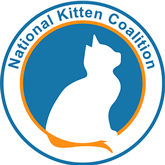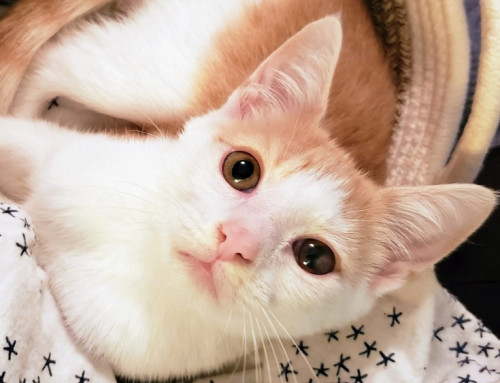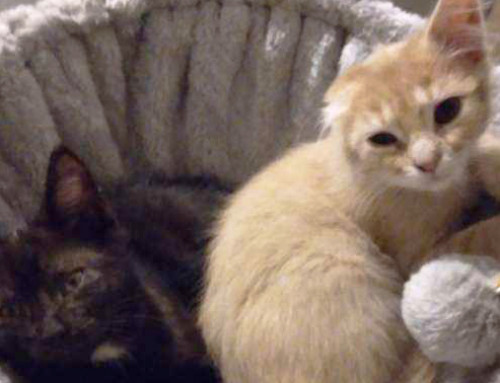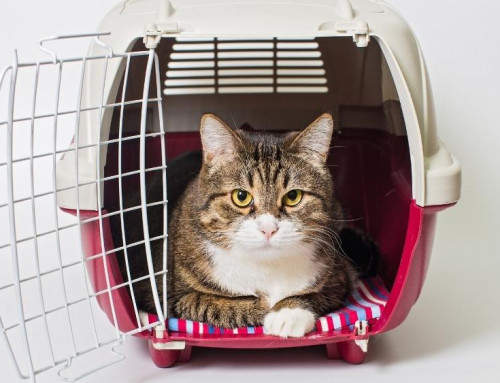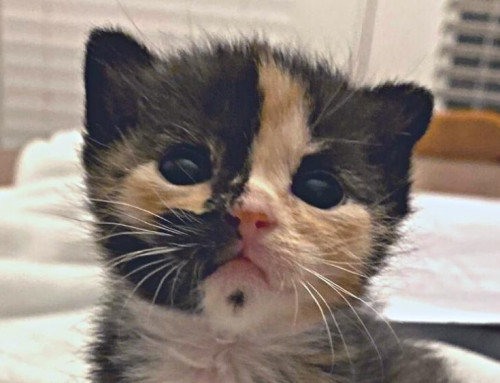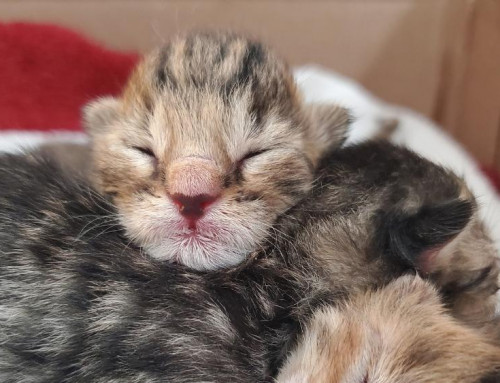Share this resource or email it to a friend!
Watery feces, or diarrhea, has many potential causes and is a big concern in kittens. In fact, it can be life threatening.
Overfeeding kittens, especially those who are underweight or malnourished, is a common cause of diarrhea. Therefore, for the first 24 hours of feeding a bottle baby, dilute the kitten milk replacer formula. Use 1 part formula to 3 or 4 parts water. This will help kittens adjust to their new, rich diet. Oral electrolyte formulas can be helpful to stop diarrhea, but always make sure you use a kitten-specific brand, like Kitten Lyte, or an unflavored Pedialyte for children. The formula should be given at body temperature to prevent stressing the gut or chilling the kitten.
Switching brands of kitten milk replacer formula is another potential cause of diarrhea. If you are switching between brands, gradually introduce the new one over several days. Always use kitten milk replacer; never use cow’s milk. It causes diarrhea because kittens are intolerant to lactose, the sugar in cow’s milk.
Weaning can also cause diarrhea, as the gut adjusts to new food. Begin weaning at around 4 weeks of age. Choose a high-quality, wet kitten food where possible, as this has more calories and nutrients that kittens need.
Introduce wet kitten food slowly by blending kitten replacer formula and wet food to make a slurry. Feed in a flat bowl and follow up by feeding with the bottle. Slowly increase the ratio of kitten wet food to formula over a number of weeks.
For weaning or weaned kittens who have just arrived in your care, always introduce new foods slowly to help their bodies adjust. Plain boiled rice is a bland filler that can be fed to help kittens with diarrhea. You can also try increasing the amount of time between feeding, as overfeeding or feeding too often can also cause diarrhea.
Another cause of diarrhea is internal parasites, which are common in kittens. Parasites, such as coccidia and giardia, can cause life-threatening diarrhea in kittens. Make sure you follow your shelter’s, rescue’s or veterinarian’s protocols for parasite prevention and treatment; deworming usually starts at 2 weeks of age.
Diarrhea is no fun and is, in fact, very dangerous in kittens. Be sure to consult your shelter, rescue or veterinarian immediately if your kitten has diarrhea.
